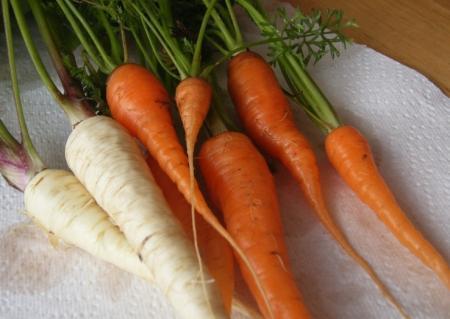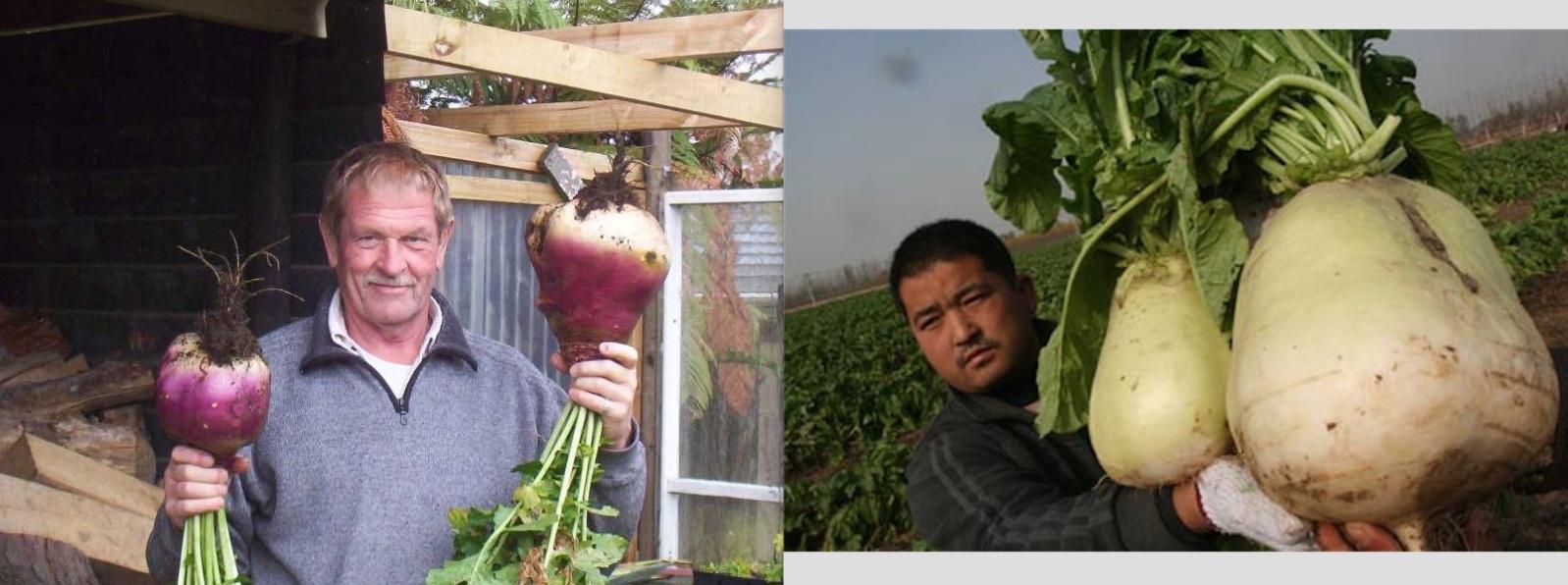aliciahere
Member
- Joined
- Oct 5, 2015
- Messages
- 63
This is something that I have heard for years. My mom taught me that you soak potatoes in water after you cut them and let them sit for up to 12 hours. After soaking you drain the water and the starch, if you cook the potatoes in the water they were soaking in it would cook the starch back into the potatoes. She advised me that soaking will remove most of the starch and will let the potatoes cook better (crisper).
I also found this when searching on how to cook the perfect sushi rice. That you should first rinse (several times), and then soak the rice to remove a majority of the starch.
I don't know if this is true, I tried to find more information on the interwebs but I can't find anything other than antidotal info. I also tried to search here to see if this question had been addressed already, and couldn't find any info here either....
So here I leave it - anybody have any idea if this is true? Any studies done on it? I know that with both foods they do taste and cook up better if they are soaked prior to cooking.
- anybody have any idea if this is true? Any studies done on it? I know that with both foods they do taste and cook up better if they are soaked prior to cooking.
I also found this when searching on how to cook the perfect sushi rice. That you should first rinse (several times), and then soak the rice to remove a majority of the starch.
I don't know if this is true, I tried to find more information on the interwebs but I can't find anything other than antidotal info. I also tried to search here to see if this question had been addressed already, and couldn't find any info here either....
So here I leave it
 - anybody have any idea if this is true? Any studies done on it? I know that with both foods they do taste and cook up better if they are soaked prior to cooking.
- anybody have any idea if this is true? Any studies done on it? I know that with both foods they do taste and cook up better if they are soaked prior to cooking.

